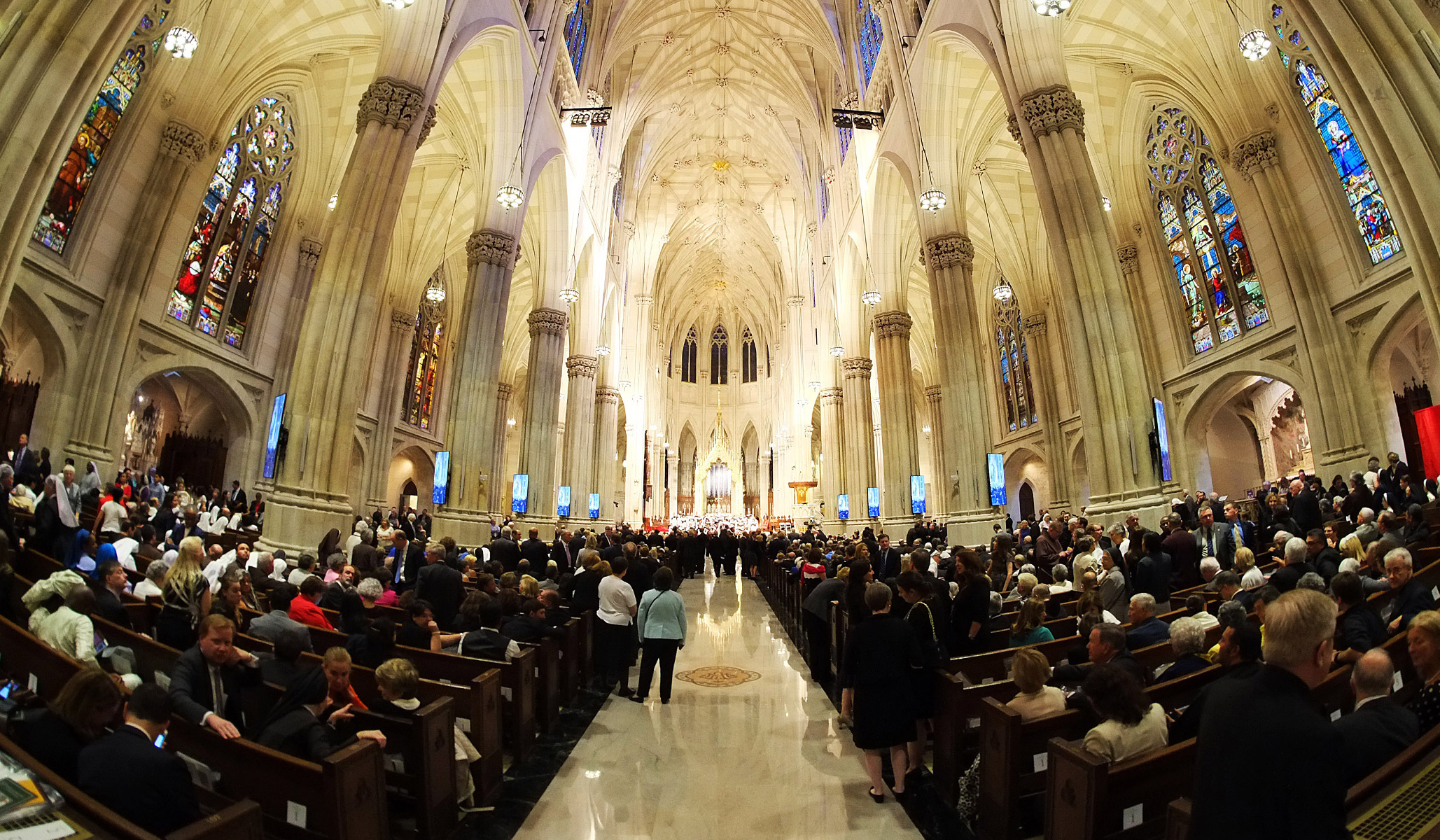


NRPLUS MEMBER ARTICLE A movement aimed at politicizing the church in America is gaining ground in conservative Catholic circles. In the past it has flown its flag under a confusing variety of names, including “integralism,” “common-good constitutionalism,” and “post-liberalism.” Now its promoters have attempted to rebrand it as “political Catholicism.” While fuzzy on the details, proponents hope “to order the nation and its state to the natural and divine law, the tranquility of order, precisely because doing so is the best way to protect and shelter the localities in which genuinely human community, imbued with grace, can flourish.”
Such a fantastical reordering of American public life poses lots of problems, and not only the proponents’ “lack of street smarts,” as identified recently by Ben Domenech. There is another serious problem: the movement’s incompatibility with the principles of religious freedom. And it is here that opportunistic integralism must face two more reality checks. The first is that their opposition to religious freedom brings them into direct conflict with the teachings of the Catholic Church. The second is that our Constitution specifically protects us from people who think like them.
In Dignitatis Humanae, the Second Vatican Council’s declaration on religious freedom, the Church explains that “religious freedom means that all men are to be immune from coercion on the part of individuals or of social groups and of any human power, in such wise that no one is to be forced to act in a manner contrary to his own beliefs, whether privately or publicly, whether alone or in association with others, within due limits.” It adds, memorably, “The truth cannot impose itself except by virtue of its own truth.”
Pope Benedict XVI worked to deepen the understanding of the church’s teaching on religious freedom, contrasting it with both religious fundamentalism and secular hostility toward believers. They “are alike in that both represent extreme forms of a rejection of legitimate pluralism and the principle of secularity. Both absolutize a reductive and partial vision of the human person, favoring in the one case forms of religious integralism and, in the other, of rationalism.”
The Church’s articulation of religious freedom is entirely compatible with what was granted to Americans nearly two centuries earlier in the First Amendment to the Constitution. In his book Our Dear-Bought Liberty: Catholics and Religious Toleration in Early America, Ave Maria professor Michael Breidenbach traces the influential role of colonial Catholics in America’s founding and their contributions to our country’s great tradition of religious freedom. His well-researched work destroys the claim made by today’s integralists that the Constitution is, at its foundation, an ideological liberal document that is incompatible with Catholic social teaching. The Catholic faith has prospered in this country because of the Constitution, not in spite of it.
Indeed, the Constitution’s protection of religious freedom has been repeatedly vindicated by this Supreme Court. Consider, for example, the decision to stop New York’s governor Andrew Cuomo from enforcing an executive order that imposed very severe restrictions on attendance at religious services in areas of the state affected by the coronavirus; overturning attempts in Montana and Maine to treat religion as a second-class interest in the context of school-choice initiatives; affirming the right of the football coach of a public high school to pray during his personal time after games; and respecting the autonomy of churches in the recognition of a “ministerial exception” that protects from government scrutiny any internal decisions related to hiring and firing and then applying that reasoning to protect the right of Catholic schools to decide, without government interference, who imparts the faith to the next generation. These victories for believers came because a majority of the Court’s justices know they do not have the right to tear up the formidable guarantees found in our Constitution.
The Court’s continued robust protection of First Amendment guarantees can also protect Americans with traditional religious beliefs related to marriage and sexual orientation and identity, sparing them from demands to conform to contrary ideologies. Take, for example, the 303 Creative case of Lorie Smith, a Christian website designer in Colorado who wants to expand her business to create custom wedding websites and is challenging the application of Colorado’s Anti-Discrimination Act. Smith lost in both the lower court and the Tenth Circuit Court of Appeals. But at oral argument at the Supreme Court in December, a majority of the justices appeared ready to rule that forcing Smith to use her creative talents against her beliefs would be compelled speech and unconstitutional. A decision is expected at the end of the Court’s term in June
Catholic Political Thought 101 must be grounded in religious and legal tradition and necessarily include religious freedom on its course syllabus. Any attempt to overlook it will not only undermine our Constitution’s protection of worship and the practice of Christianity in our daily lives; it will also fly in the face of the precious teaching of the Catholic Church, which guides us in our mission to share our faith.
